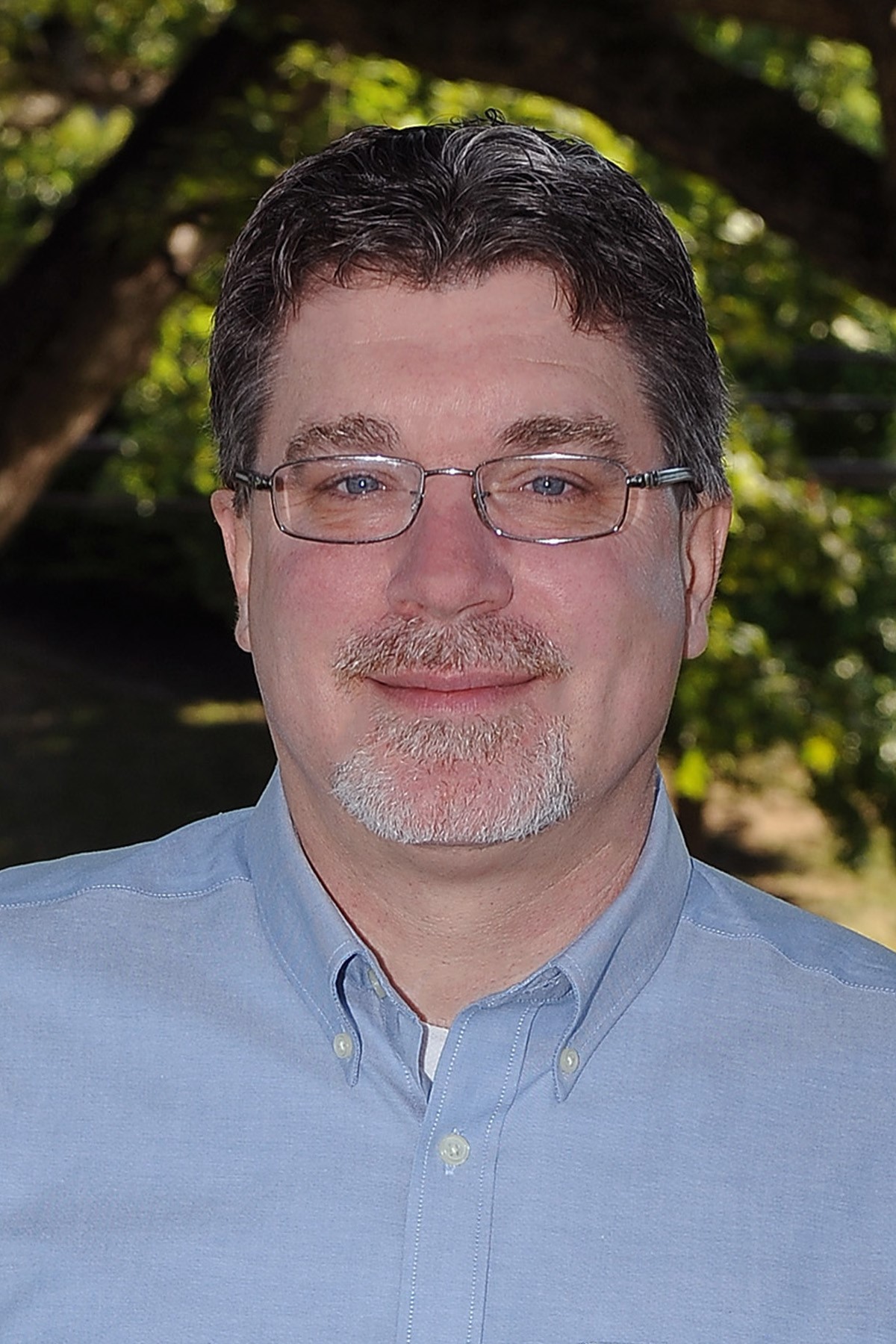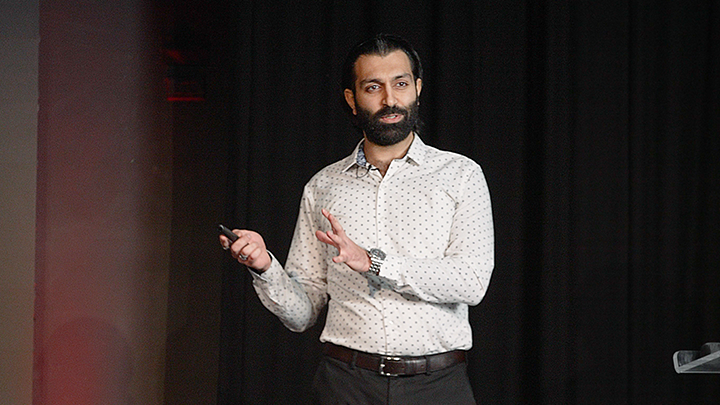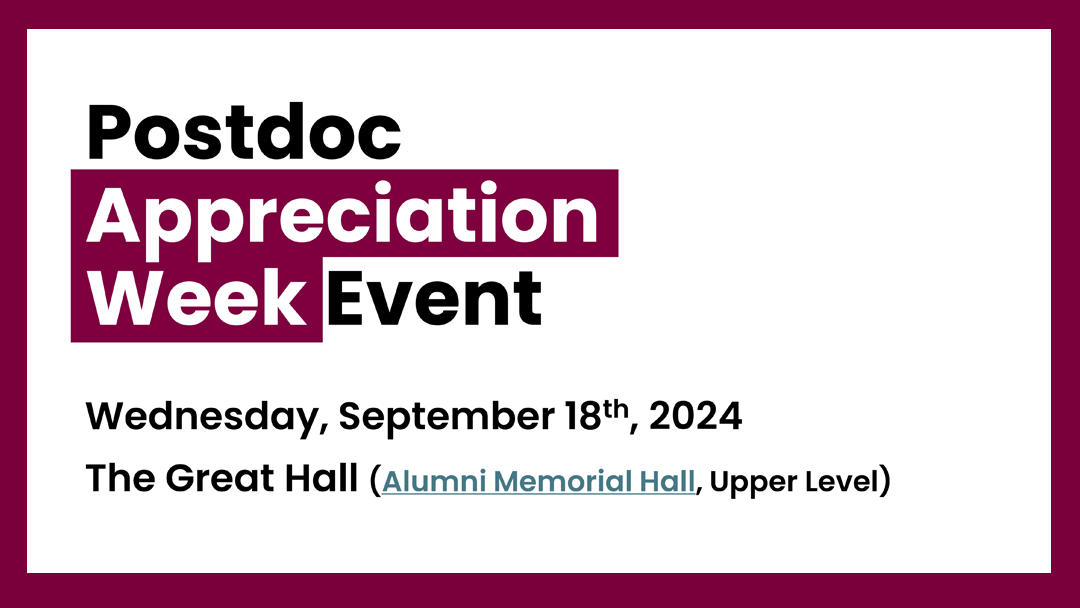From the Lab to the Classroom: Harnessing Successive Relearning to Improve Student Achievement

From the Lab to the Classroom: Harnessing Successive Relearning to Improve Student Achievement
Thursday, January 9th; 2:30-3:30pm; PC 155 (Psychology Building, McMaster University). Wine & Cheese to follow in PC 205
Students use many strategies that vary widely in their effectiveness. I will describe two of the more effective strategies – retrieval practice and distributed practice – and how they can be integrated to achieve successive relearning. I’ll discuss outcomes from a few laboratory experiments that reveal the promise of successive relearning and then will showcase experiments that attempt to establish the efficacy of this promising strategy for improving student achievement in psychology courses. I’ll end by discussing barriers for effectively using successive relearning with fidelity and how to overcome them.
Dr. John Dunlosky is a Full Professor in the Department of Psychological Sciences and the Director of the Science of Learning and Education Center at Kent State University. He is keenly interested in understanding student’s metacognition and self-regulated learning, and his research has recently focused on discovering techniques that students can use to improve their learning and achievement. He co-authored the first textbook on Metacognition, and has edited several volumes on education, including the Cambridge Handbook of Cognition and Education, which he co-edited with Katherine Rawson.



